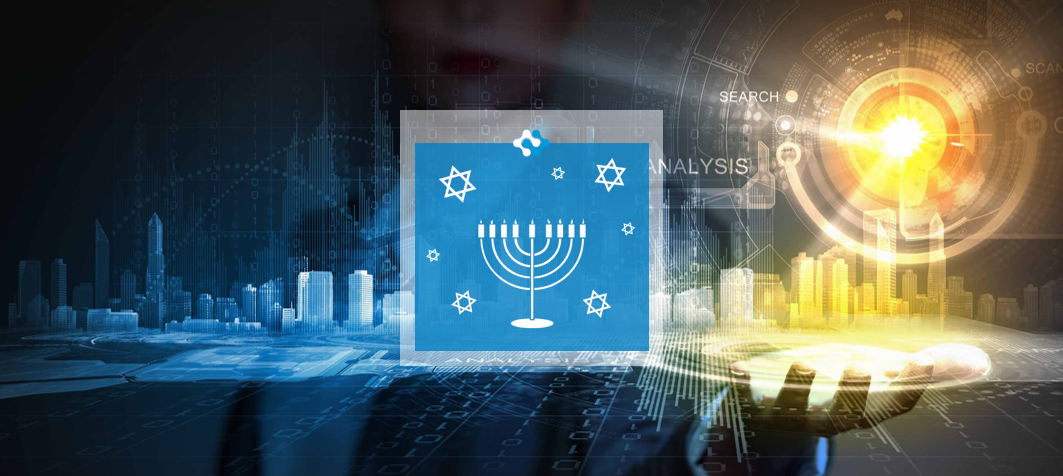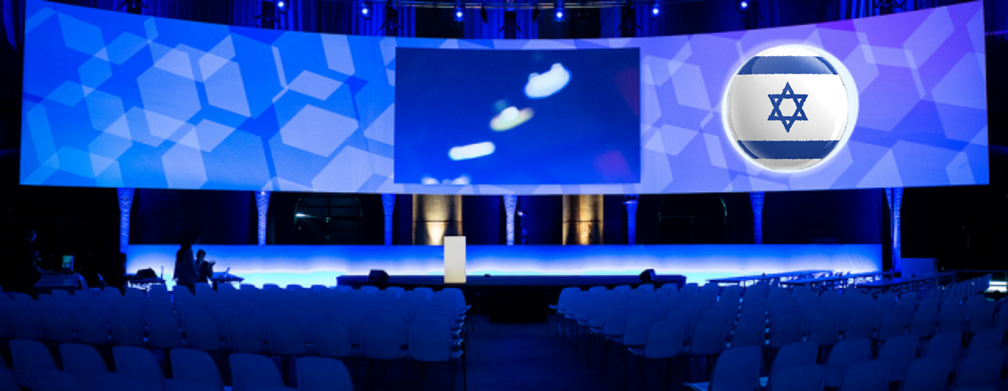It’s that time of year! Join us for the next eight days for what’s become an OurCrowd tradition: highlighting during Hanukkah — the festival of lights – the top eight Israeli tech trends that spark the interest of our investment team and what they see on the ground.
Trend #4: Smart City
Behind the trend:
We’ve got smartphones, smart cars, and more of us are living in smart homes. It’s only natural that local governments are becoming more aware of and adopting policies that will transform their municipalities into smart cities. Many cities, for instance, have begun budgeting for or investing in projects employing the Internet of Things (IoT), especially ones that relate to public safety and transportation. In Israel, the country that invented Waze, finding new ways to take advantage of crowdsourcing and data tracking to make the lives of its citizens easier is an attractive mission for a lot of young entrepreneurs, who, in a search for a solution to a personal challenge (carpooling, for instance) create a product or service applicable to a wide audience.
What’s up next:
Urban population grown means we’ll continue to see more automation and smart technology applied to city infrastructure. Many municipalities worldwide are investing both time and money in an effort to offer smarter and more efficient city infrastructures and planning to their urban environments — and Israel is recognized as a leading pioneer in at fostering such innovation. Just last year, Tel Aviv was dubbed ‘world’s smartest city’ at the annual Smart City Expo World Congress, trumping over 250 other cities bidding for the title.
Earlier this year we wrote about the potential of military-turned-commercial technology. One way wartime innovations can be applied to civilian use is taking command and control software and applying it to a city’s utilities systems: water, oil, and electric systems. The software solution developed by mPrest, for instance, allows for coordination between hardware and software components used in utility generation and optimizes output efficiently. Plus, by preventing power outages, mPrest has the potential to save cities money, manpower, and time.
Another example of smart technology applied to city infrastructure is Lucid Energy‘s LucidPipe Power System, a technology enabling industrial, municipal, and agricultural facilities to generate clean, low-cost electricity by capturing the energy of fast-moving water inside their water pipelines and effluent streams.
:::::::::::::::::::::::::::
Check back with us each night of Hanukkah to learn about another tech trend sparking the Startup Nation!
To find out more about innovative technologies and investment opportunities on our platform, contact our Investor Relations team or visit our website.








